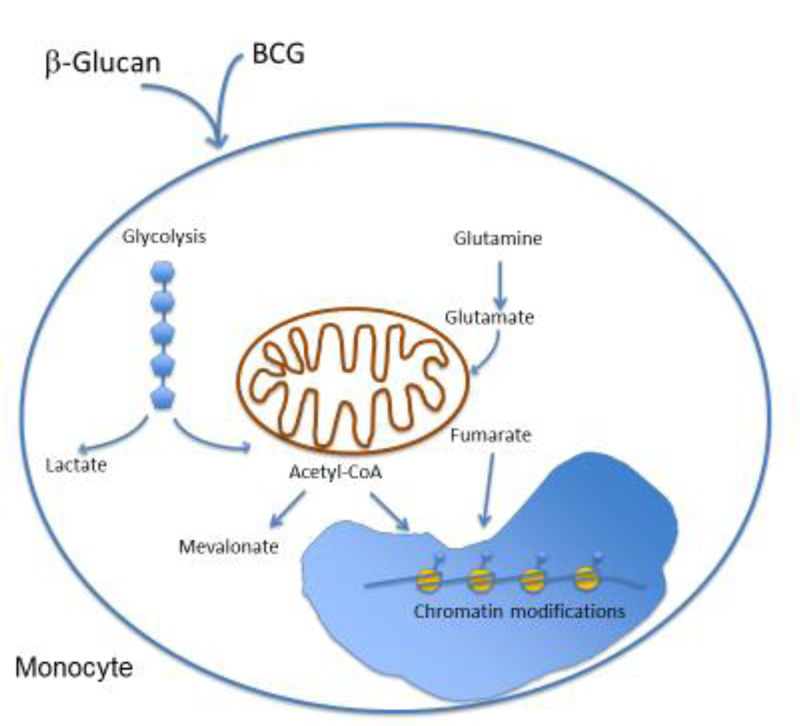Figure 1. Trained immunity in human monocytes.

β-Glucan or BCG can lead to immune-metabolic changes in human monocytes, particularly the induction of glycolysis, glutaminolysis and cholesterol metabolism. The generation of metabolic intermediates, including acetyl-CoA, fumarate or mevalonate, can induce epigenetic alterations that drive innate immune memory, thereby improving the response of monocytes to secondary infectious stimuli.
